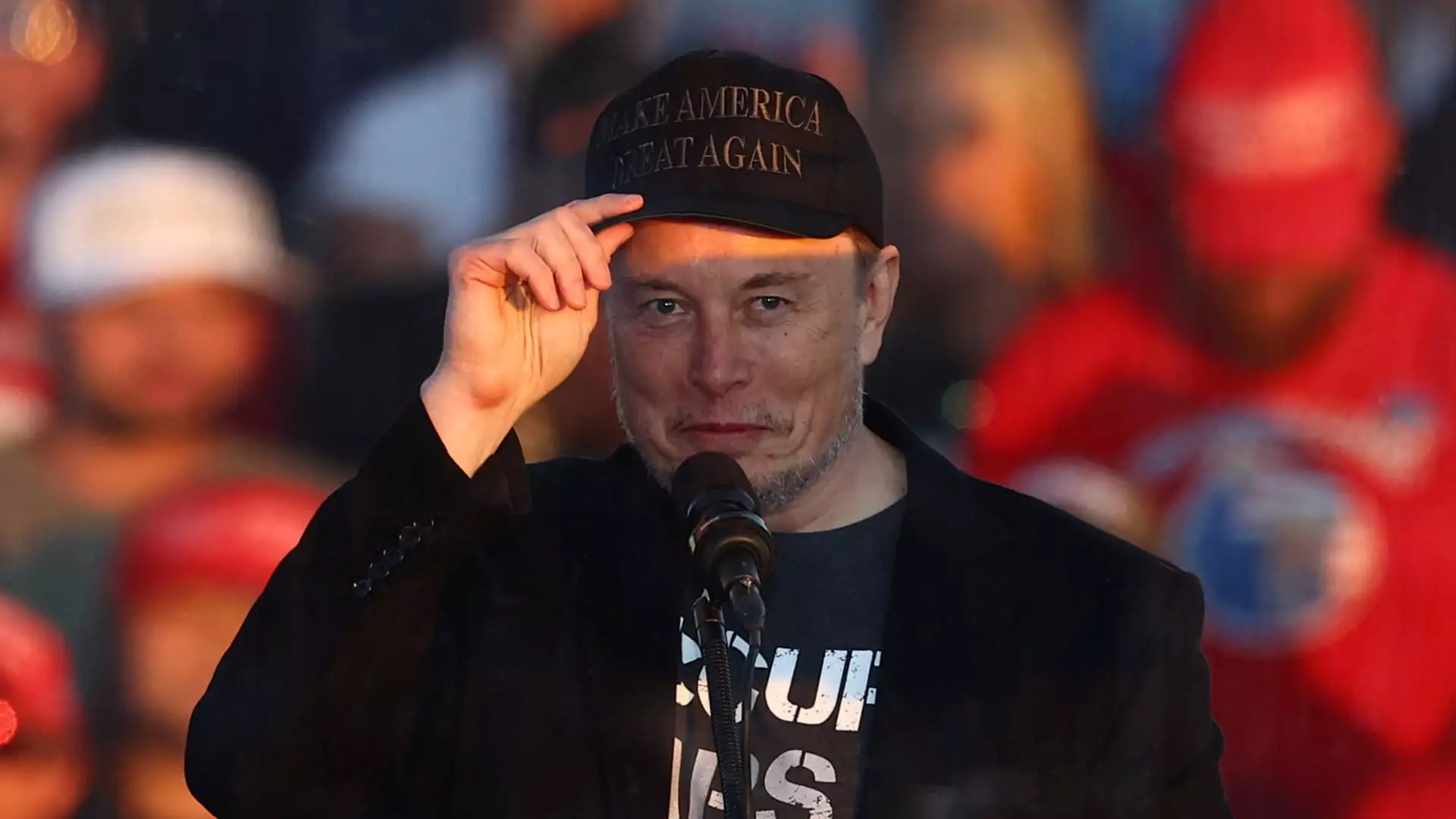Elon Musk, the CEO of Tesla, has made headlines once again, this time with his controversial endorsement of the far-right Alternative for Germany (AfD) party. As a high-profile business magnate and a known donor to political campaigns, Musk’s foray into German politics raises significant questions about the intersection of technology, social media influence, and far-right politics. In this article, we will analyze Musk’s recent actions and their implications for electoral dynamics, public opinion, and international relations.
Musk’s endorsement on X, the social media platform he owns, claiming that “Only the AfD can save Germany,” appears to have been fueled by a shared post from Naomi Seibt, a controversial figure known for promoting extremist views and denying scientific consensus on climate change. This endorsement reflects Musk’s pattern of aligning with polarizing figures across the globe, harkening back to his financial support for Donald Trump’s campaign. In the context of Germany, this endorsement is notable; it highlights how foreign billionaires can interject themselves into national politics, possibly swaying public opinion among Musk’s extensive follower base of over 200 million.
Musk’s alignment with the AfD is particularly striking given the party’s reputation for promoting nationalist ideologies and attempting to reshape Germany’s historical narrative. Critics, including Senator Chris Murphy, have described Musk’s actions as dangerously out of touch, equating the AfD’s objectives to a revival of neo-Nazi sentiments. By endorsing a party that many perceive as favorable to extremist views, Musk not only amplifies their message but also legitimizes their political agenda in the eyes of his followers.
The Reaction from Political Leaders
The response to Musk’s endorsement has been swift and severe. German Chancellor Olaf Scholz dismissed Musk’s claims, emphasizing the dangers of aligning Germany’s future with far-right factions. Scholz’s center-left Social Democratic party has found itself at odds with an increasing popularity of the AfD, which is projected to capture significant electoral support in the upcoming February elections. The narrative that the AfD offers a viable alternative speaks to a broader trend in various European countries where far-right parties are gaining traction.
However, Musk’s influence through social media complicates this dynamic. While traditional political players attempt to shape discourse within their nations, the intrusion of non-political figures like Musk blurs the lines of democratic engagement. It fosters an environment where polarizing figures can manipulate public sentiment through platforms engineered for mass communication.
The Consequences of Globalized Influence
Musk’s active engagement in global politics underscores the complexities of globalization and the impact of social media on national elections. The concerns raised by political leaders, such as Scholz, reflect a fear of increased polarization and the reshaping of political landscapes by external influences. The AfD has historically campaigned against U.S. policies, positioning itself as an opponent not only to immigration but also to international coalitions. Yet, it seems paradoxical for a pro-business figure like Musk to support a party skeptical of foreign investment—especially given his vested interests in Germany with the Tesla factory in Brandenburg.
Musk’s seeming contradiction occurs as he has voiced opposition to the energy policies aligned with broader climate consciousness, something that has gained prominence globally. This interplay reveals a struggle between national economic interests and the ideological fit of global corporate leaders with local political movements.
Musk is not alone in this phenomenon of engaging with right-wing populism. Similar endorsements from Musk for figures like Giorgia Meloni in Italy and support for Nigel Farage in the U.K. indicate a trend where influential business figures engage with populist movements around the world. This could signify not only a shift in political affiliations but could also herald an era where economic powerhouses wield their influence on political spectrums traditionally reserved for elected officials.
Elon Musk’s endorsement of the AfD reflects broader societal trends of globalization and the resonance of social media in shaping political landscapes. As political boundaries blur and external influences can sway public sentiment, the implications of such actions are profound, prompting discussions about the responsibility of wealthy individuals in the political arena. As nations grapple with these dynamics, it remains crucial for citizens to critically assess the motivations and impacts of such influence in their electoral processes.

